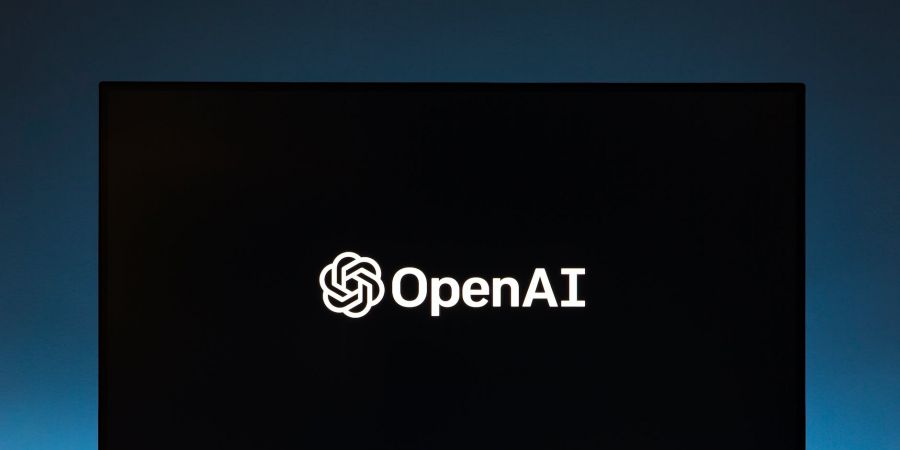

Italy has become the first Western country to block advanced chatbot ChatGPT.
The Italian data-protection authority said there were privacy concerns relating to the model, which was created by US start-up OpenAI and is backed by Microsoft.
The regulator said it would ban and investigate OpenAI "with immediate effect".
OpenAI told the BBC it complied with privacy laws.
"there are serious concerns growing about how chatgpt and similar chatbots might deceive and manipulate people. these ai systems need greater public scrutiny, and public authorities must reassert control over them," she said.
chatgpt is already blocked in a number of countries, including china, iran, north korea and russia.
openai told the bbc that it had disabled chatgpt for users in italy at the request of the italian data protection regulator, called the garante:
"we are committed to protecting people's privacy and we believe we comply with gdpr and other privacy laws", it wrote.
the organisation said it worked to reduce personal data in training ai systems like chatgpt because it wanted its ai systems to "learn about the world, not about private individuals".
"we also believe that ai regulation is necessary — so we look forward to working closely with the garante and educating them on how our systems are built and used", it added
openai said it looked forward to making chatgpt available in italy again
The Italian data-protection authority said OpenAI had 20 days to say how it would address the watchdog's concerns, under penalty of a fine of €20 million ($21.7m) or up to 4% of annual revenues.
Elsewhere, the Irish data protection commission told the BBC it is following up with the Italian regulator to understand the basis for their action and "will coordinate with all EU data protection authorities" in connection to the ban.
The Information Commissioner's Office, the UK's independent data regulator, told the BBC it would "support" developments in AI but that it was also ready to "challenge non-compliance" with data protection laws.
Reuters) - Italy's move to temporarily ban ChatGPT has inspired other European countries to study if harsher measures are needed to rein in the wildly popular chatbots and whether to coordinate such actions.
While European parliamentarians disagree over the content and reach of the EU AI Act, some regulators are finding that existing tools, such as the General Data Protection Regulation (GDPR) that gives users control over their personal information, can apply to the rapidly emerging category of generative AI companies.
